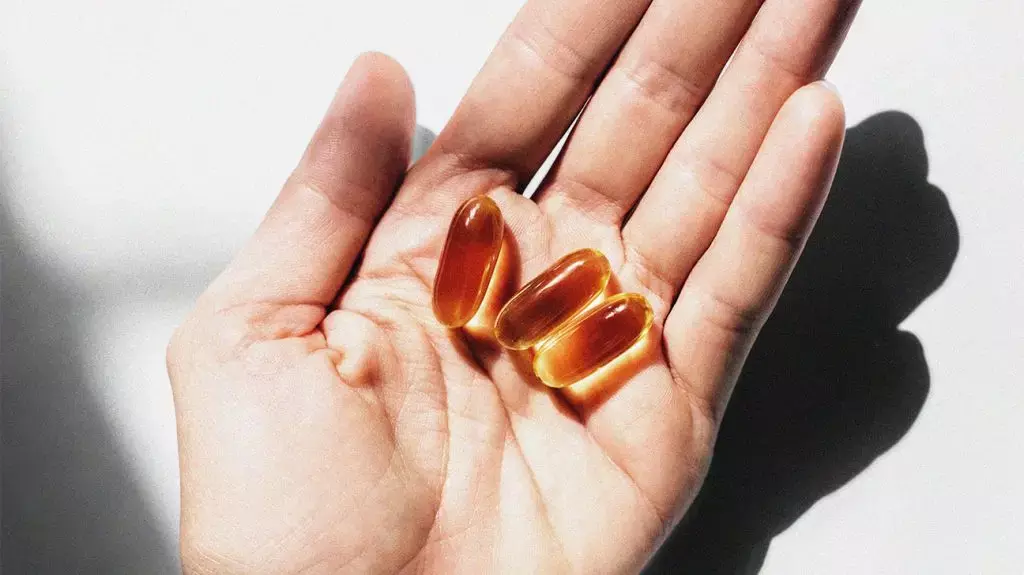- Home
- Medical news & Guidelines
- Anesthesiology
- Cardiology and CTVS
- Critical Care
- Dentistry
- Dermatology
- Diabetes and Endocrinology
- ENT
- Gastroenterology
- Medicine
- Nephrology
- Neurology
- Obstretics-Gynaecology
- Oncology
- Ophthalmology
- Orthopaedics
- Pediatrics-Neonatology
- Psychiatry
- Pulmonology
- Radiology
- Surgery
- Urology
- Laboratory Medicine
- Diet
- Nursing
- Paramedical
- Physiotherapy
- Health news
- Fact Check
- Bone Health Fact Check
- Brain Health Fact Check
- Cancer Related Fact Check
- Child Care Fact Check
- Dental and oral health fact check
- Diabetes and metabolic health fact check
- Diet and Nutrition Fact Check
- Eye and ENT Care Fact Check
- Fitness fact check
- Gut health fact check
- Heart health fact check
- Kidney health fact check
- Medical education fact check
- Men's health fact check
- Respiratory fact check
- Skin and hair care fact check
- Vaccine and Immunization fact check
- Women's health fact check
- AYUSH
- State News
- Andaman and Nicobar Islands
- Andhra Pradesh
- Arunachal Pradesh
- Assam
- Bihar
- Chandigarh
- Chattisgarh
- Dadra and Nagar Haveli
- Daman and Diu
- Delhi
- Goa
- Gujarat
- Haryana
- Himachal Pradesh
- Jammu & Kashmir
- Jharkhand
- Karnataka
- Kerala
- Ladakh
- Lakshadweep
- Madhya Pradesh
- Maharashtra
- Manipur
- Meghalaya
- Mizoram
- Nagaland
- Odisha
- Puducherry
- Punjab
- Rajasthan
- Sikkim
- Tamil Nadu
- Telangana
- Tripura
- Uttar Pradesh
- Uttrakhand
- West Bengal
- Medical Education
- Industry
Intake of fish oil supplements tied with lower risk of all-cause dementia: Study

Intake of fish oil supplements is associated with lower risk of all-cause dementia, according to a recent study published in the Clinical Nutrition.
Evidence linking the use of omega-3 PUFA supplements with incident dementia is scarce. Researchers aimed to assess the relationship between fish oil supplementation and incident dementia risk among older adults with different apolipoprotein E (APOE) genotypes in a large population-based cohort.
The researchers included 215,083 participants (average age: 64.1 ± 2.9 y) without dementia at baseline from UK Biobank study. Fish oil use was assessed by a touch screen questionnaire at baseline. Dietary intake was assessed by a food frequency questionnaire. The APOE genotypes were determined by allele variations on rs429358 and rs7412 from genome-wide genotyping of blood samples. Dementia was diagnosed using the International Classification of Diseases (ICD-9 and ICD-10). Cox proportional hazards regression models were used to calculating the associations of fish oil supplement use with dementia risk.
Results:
During an average 7.92 years of follow-up, 2054 participants were diagnosed with dementia. After multivariable adjustment for major risk factors, the use of fish oil supplements was significantly associated with a lower risk of all-cause dementia (p for trend = 0.004). Compared with non-users, the multivariable-adjusted hazard ratio (95% confidence interval) of dementia was 0.87 (0.79-0.96) for fish oil users. A marginal interaction was found between fish oil supplementation and APOE gene variants on the risk of dementia (p for interaction = 0.057). However, fish oil supplementation was not associated with the risk of any subtype of dementia, including Alzheimer's disease (AD), vascular dementia (VD), and frontotemporal dementia (FTD).
Thus, intake of fish oil supplements was associated with lower risk of all-cause dementia among 60-73 y elders. Our findings provide new population-based evidence for linking fish oil supplement use with dementia prevention.
Reference:
Association of fish oil supplementation with risk of incident dementia: A prospective study of 215,083 older adults by Xiaohui Liu et al. published in the Clinical Nutrition.
https://pubmed.ncbi.nlm.nih.gov/35124466/
Dr. Shravani Dali has completed her BDS from Pravara institute of medical sciences, loni. Following which she extensively worked in the healthcare sector for 2+ years. She has been actively involved in writing blogs in field of health and wellness. Currently she is pursuing her Masters of public health-health administration from Tata institute of social sciences. She can be contacted at editorial@medicaldialogues.in.
Dr Kamal Kant Kohli-MBBS, DTCD- a chest specialist with more than 30 years of practice and a flair for writing clinical articles, Dr Kamal Kant Kohli joined Medical Dialogues as a Chief Editor of Medical News. Besides writing articles, as an editor, he proofreads and verifies all the medical content published on Medical Dialogues including those coming from journals, studies,medical conferences,guidelines etc. Email: drkohli@medicaldialogues.in. Contact no. 011-43720751


